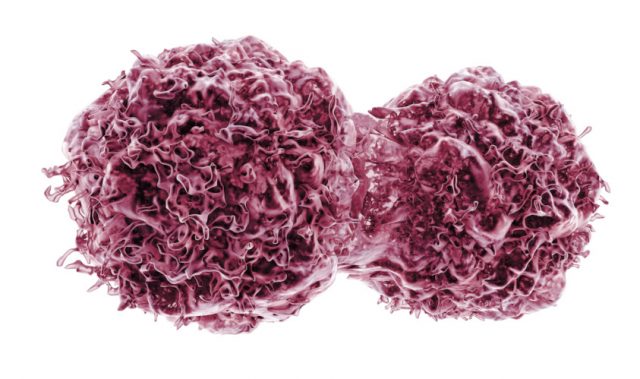
AsianScientist (Feb. 18, 2015) – Cellular Biomedicine Group Inc. (CBMG), a biomedicine company engaged in the development of cellular therapies, has acquired the Chinese People’s Liberation Army General Hospital’s (“PLAGH”, Beijing, also known as “301 Hospital”) Chimeric Antigen Receptor T-cell (CAR-T) therapy, its recombinant expression vector CD19, CD20, CD30 and Human Epidermal Growth Factor Receptor’s (EGFR or HER1) Immuno-Oncology patents (all pending), and Phase I/II clinical data of the aforementioned therapies and manufacturing knowledge.
“This CAR-T cell technology acquisition further accelerates CBMG’s growth in the Immuno-Oncology segment. We look forward to working with PLAGH as a long-term partner as we evaluate paths to commercialization,” commented Dr. William (Wei) Cao, Chief Executive Officer of Cellular Biomedicine Group.
CAR-T cell therapy involves engineering cancer patients’ own immune cells to recognize and attack their tumors. Dr. Han Wei Dong, head of PLAGH’s Biotherapy Department, has conducted several preliminary clinical studies of various CAR-T constructs targeting CD19-positive acute lymphoblastic leukemia, CD20-positive lymphoma, CD30-positive Hodgkin’s lymphoma and EGFR-HER1-positive advanced lung cancer.
Prior to acquiring PLAGH’s technology, the CBMG has made progress with recent acquisitions of Agreen Biotech Co. Ltd. and its T-cell memory technology, T-cell receptor clonality analysis technology, as well as another third generation CAR-T, anti-PD-1, CD19 and aAPC cancer immunotherapy technologies from Persongen Biotechnology Ltd.
“We are very impressed by the quality of the work done by Dr. Han and his team at PLAGH, and are excited by the safe and efficacious profile of these novel T-cell therapies for cancerous diseases, which we deem necessary to be a leader in this field while providing alluring prospective therapies for other cancers,” said Cao.
—–
Source: Cellular Biomedicine Group.
Disclaimer: This article does not necessarily reflect the views of AsianScientist or its staff.












